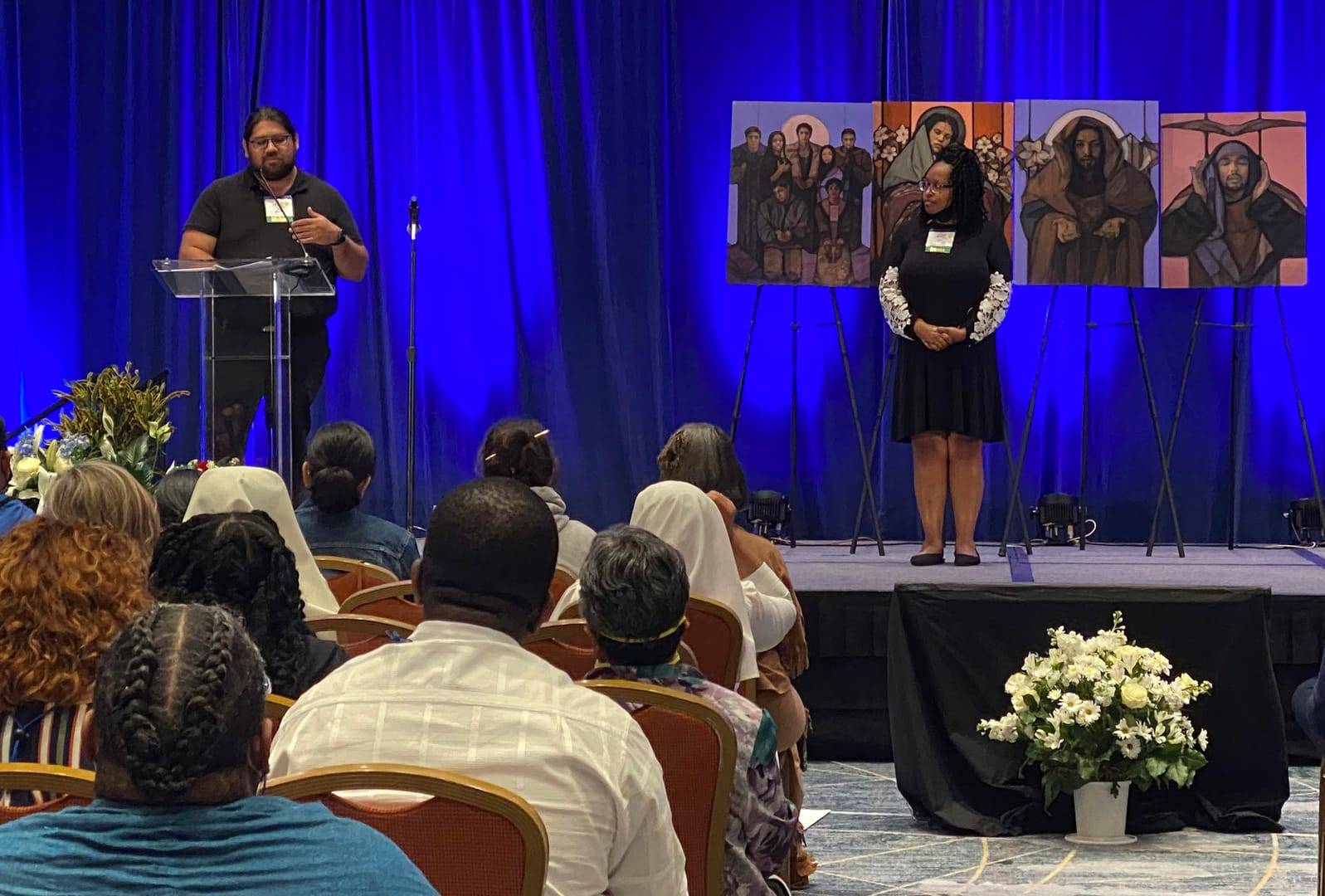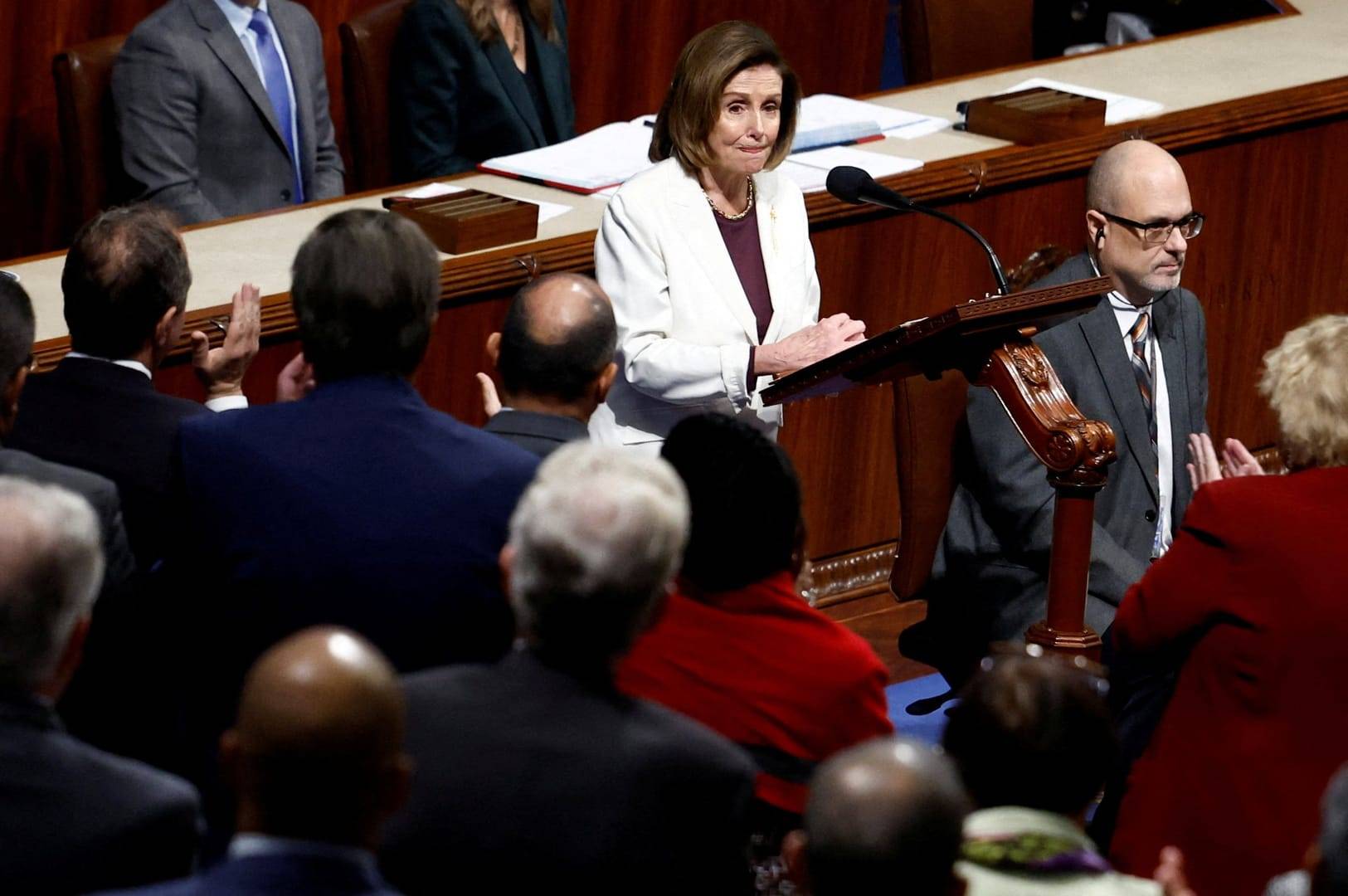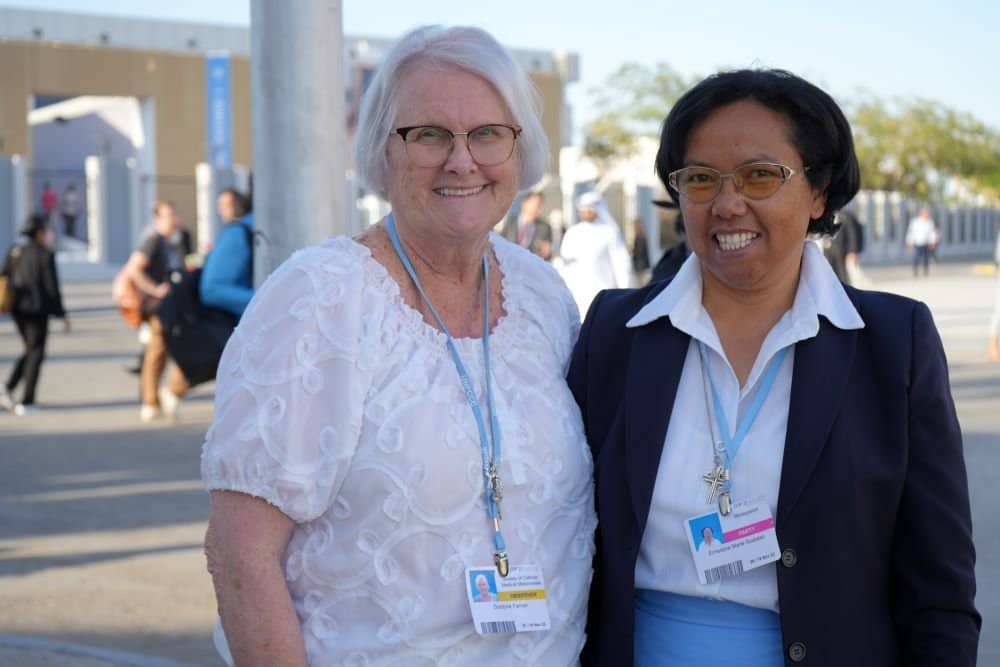VATICAN CITY — When a political prisoner and nearly 300 others were shipwrecked along the coast of Malta, the local population welcomed them, built a fire to warm their chilled bones and provided them with food and shelter.
The story of migrants in dire need as they attempt to cross the sea sounds like a modern tale, but it took place nearly 2,000 years ago when St. Paul shipwrecked on the tiny Mediterranean archipelago.
Pope Francis’s April 2-3 visit to Malta aims to encourage its people to extend their biblically recorded hospitality to thousands of migrants and refugees arriving along the same shores the famed apostle once trod.
“I hope that the pope’s visit to Malta invigorates a bit more what the Acts (of the Apostles) has described as ‘unusual kindness,'” said Father Anton D’Amato, director of the Archdiocese of Malta’s Migrants Commission, referring to the theme of the papal visit.
“That we may rekindle the flame of hospitality in our hearts toward our neighbors, toward strangers, toward those who are far away from us. I hope personally — and as (I’m sure) migrants will hope for — that the pope will rekindle this flame of unusual kindness toward everyone,” D’Amato told Catholic News Service March 24.
Located between the Italian island of Sicily and the North African coast, Malta has been the first port of call for thousands of migrants and refugees crossing the sea from North Africa in search of a better life in Europe.
Current European Union policies have left Malta and other frontline countries such as Italy, Spain and Greece, on their own to rescue, shelter, verify and try to integrate the migrants.
However, a large influx of migrants arriving from Libya after June 2018 prompted Maltese authorities to pursue an agreement with the Libyan government to curb asylum seekers from leaving the North African country.
The agreement between the two countries relies on the Libyan Coast Guard to intercept and rescue migrants out at sea and return them to Libya, “even if migrants are clearly in distress within Malta’s search and rescue area,” explained Katrine Camilleri, director of Jesuit Refugee Service in Malta.
Several NGO’s, human rights organizations as well as the Council of Europe, have expressed concerns over both Libya’s and Malta’s treatment of migrants which is increasingly unusual and anything but kind.
Upon their return to Libya, refugees, including women and children, are often shipped to detention centers where, according to Amnesty International, many have been subjected to torture, as well as sexual and physical abuse.
Camilleri told CNS March 25 that the disturbing treatment of migrants and refugees remains a “huge concern” for JRS and other charitable organizations attempting to assist migrants.
However, “at least from the (Maltese) government’s perspective, it seems to be having the desired effect,” she said.
According to a December 2021 report released by the U.N. Refugee Agency, an estimated 832 refugees arrived by sea to Malta that year, compared to 2,281 in 2020.
Migrants who successfully make it Malta’s shores don’t fare any better, Camilleri said, highlighting “a huge decrease in the level of protection” for them upon their arrival.
For example, in 2019, three teenage asylum-seekers, two of whom were minors at the time, were arrested upon their arrival after they protested their return to Libya while aboard a rescue ship and convinced the captain to land in Malta.
“These three young people, they were acting as interpreters because they could speak English,” Camilleri told CNS. “They were singled out and they were charged with a number of very serious offenses, including terrorism and hijacking” and, if found guilty, may face up to 30 years in prison.
Camilleri said that JRS, the Archdiocese of Malta, as well as other NGO’s have called on the Maltese government to drop the charges “because we believe that no one should be punished for protesting their return to a place where — and there is ample evidence — their rights are violated.”
Echoing D’Amato’s sentiments, Camilleri told CNS that Pope Francis’s “very consistent message about being welcoming, to live life, in a sense, with our arms open and our hearts open” to others brings hope to the country and especially, to migrants, refugees and those working tirelessly to assure their basic human rights.
“I think in some way, his visit will be an opportunity for us as Maltese people (to see) that beyond our fears, our concerns about the changes and challenges that migration brings, it is never acceptable to subject people to treatment which violates their rights,” she said.
“The most sacred thing is human dignity and that needs to be at the forefront of every decision that we take as a people, as individuals, as communities, as a church but even as a country,” Camilleri said.














